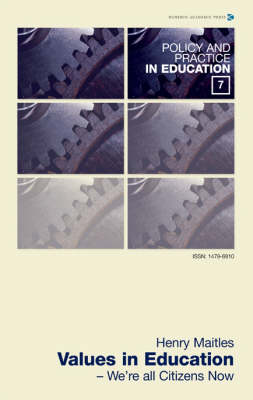Education for Citizenship is a priority across the world and is firmly established in Scotland, where the attempt is to immerse citizenship as part of the school curriculum and general ethos. Thus, in Scotland, there are three main areas of focus. First, there is the notion of citizenship in the curriculum: suggesting aspects of political literacy, the development of creativity and enterprise in the widest sense, and the development of informed attitudes. Secondly, there is the understanding of the need for the individual to be fully involved in the many and varied 'communities' to which we all belong. Thirdly, there is the role of democracy in the school. While some maintain that it is impossible to develop aspects of democracy in the authoritarian structures of a school, it is incumbent on society as a whole to adhere to the thrust of the United Nations Rights of the Child (now incorporated in Scottish legislation) which insists that young people have a genuine say in decisions which affect them.
For most schools, that involves the establishment of forums - usually pupil councils - to examine aspects of school administration and policy; sometimes this is successful, sometimes tokenistic. Yet, there is also a case for giving pupils a say in what affects them most - the content and methodology of what and how they learn. As a critique intended to influence the evolution of education policy, this book is also suitable as a text for those studying education.
- ISBN13 9781903765241
- Publish Date 22 September 2005
- Publish Status Out of Print
- Out of Print 14 January 2011
- Publish Country GB
- Imprint Dunedin Academic Press
- Edition New edition
- Format Paperback
- Pages 96
- Language English
- URL https://dunedinacademicpress.co.uk/page/detail/?ISB=9781903765241
